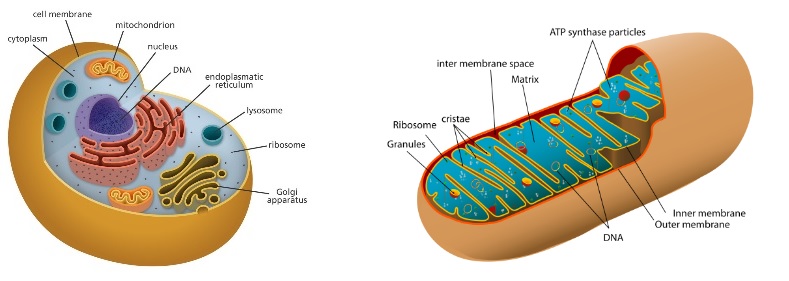ChatGPT Has a Sexual Harassment Problem
written by César Palacios-González
@CPalaciosG
If I were to post online that you have been accused of sexually harassing someone, you could rightly maintain that this is libellous. This is a false statement that damages your reputation. You could demand that I correct it and that I do so as soon as possible. The legal system could punish me for what I have done, and, depending on where I was in the world, it could send me to prison, fine me, and ask me to delete and retract my statements. Falsely accusing someone of sexual harassment is considered to be very serious.
In addition to the legal aspect there is also an ethical one. I have done something morally wrong, and more specifically, I have harmed you. We know this because, everything else being equal, if I had not falsely claimed that you have been accused of sexual harassment, you would be better off. This way of putting it might sound odd but it is not really so if we compare it to, for example, bodily harms. If I wantonly break your arm I harm you, and I do so because if I hadn’t done so you would be better off.Read More »ChatGPT Has a Sexual Harassment Problem

